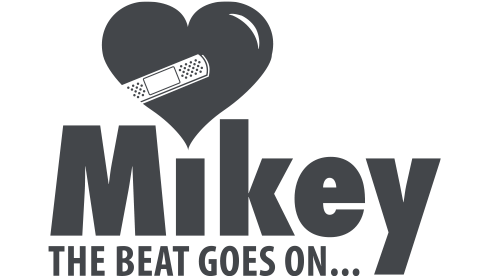Last week was World Restart a Heart day which aimed to bring attention to CPR training and how to use a defibrillator in an emergency situation. When using either of these techniques the odds of a life being saved are greatly increased, which is why it’s so important for people around the world to know how to use and operate an AED and how to properly perform CPR.
Along with knowing how to use a defibrillator, it’s also hugely important that you know how to maintain and check if it’s working.
It is easy to make sure a defibrillator like our MIKEY’s are properly maintained and ready to save a life should the need arise.
We’ve made some short videos showing you how to check and where to find the expiration dates on MIKEY defibrillators.
We have also prepared a checklist and manual with detailed illustrations, that you should follow every month to make sure your MIKEY remains in working order.
Please download the manual and checklist here
Monthly maintenance check for Philips FRx MIKEY Defibrillator
Monthly maintenance check for your MIKEY Philips HeartStart defibrillator
Monthly maintenance for Physio-control (formerly Medtronic) MIKEY Defibrillator
For your convenience, here are the manufacturer manuals as well.
Phillips HeartStart OnSite Defibrillator
When a low battery is detected, the unit will start chirping and the status indicator will change from the ready for use state.
Download Self-Tests and Troubleshooting
Physio-Control Lifepak CRPlus Defibrillator
The device monitors itself, including the battery system, and indicates its status on the readiness display. Periodically, you should look at the readiness display and confirm that OK is displayed, which means the device is ready to use.
Download Operating Instructions
Download LIFEPAK CR Plus Defibrillator User’s Checklist
Contact Information if replacement parts are indicated:
Philips
Contact: The Mikey Network
Phone #: 416-494-2230
FRx
Battery: Part # M5070A $135.00
SMART PadsII Cartridge: Part # 989803139261 $62.00
Infant/Child Key: Part # 989803139311 $98.00
HeartStart OnSite
Battery: Part # M5070A $135.00
Adult SMART Pads Cartridge: Part # M5071A $58.00
Infant/Child Smart Pads Cartridge: Part # M5072A $95.00
Physio-Control (formerly Medtronic)
Contact: Workplace Medical Corp. First Aid Training
Toll Free: 1-800-205-3278
Lifepak CRPlus
Adult Charge-Pak/2 Electrodes: Part # 11403-000001 $115.00
Infant/Child Reduced Energy Electrodes: Part # 11101-000016 $110.00
Major credit cards accepted. Please advise the distributor that you are a member of The Mikey Network for special pricing.
The product will be shipped directly to you.
Please be aware a Mikey Ambassador may request to visit your location & inspect the MIKEY unit. Our Mikey Ambassadors are volunteers who donate their time to ensure our units are always ready in case of an emergency.
If you have questions about your defibrillator please feel free to reach out to our team and we will work with you to answer your questions.














